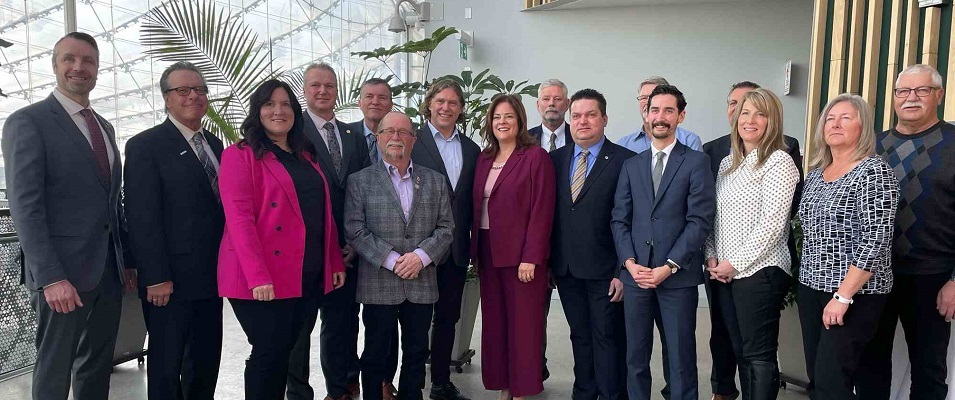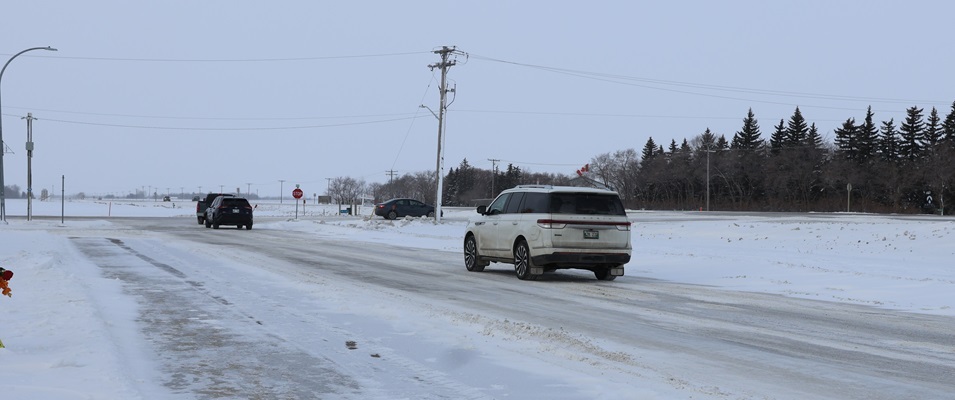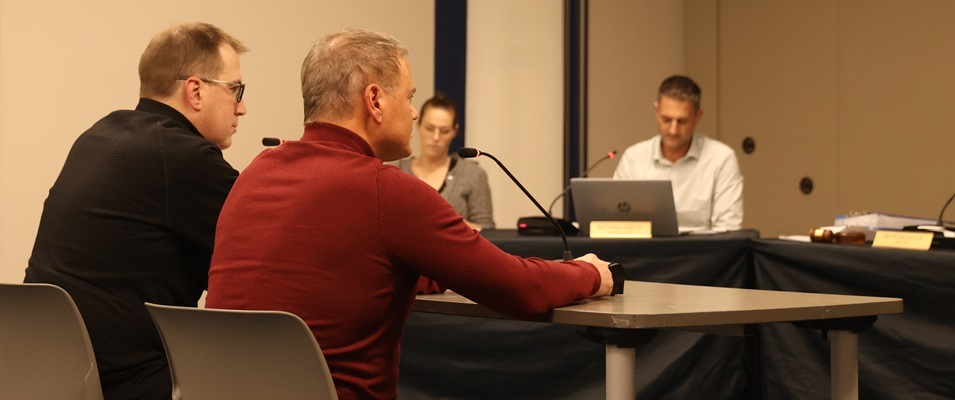
On February 24, Manitoba Premier Heather Stefanson and Municipal Relations Minister Andrew Smith announced the rollout of an additional 28 percent, or $47 million, in municipal funding this year.
This new funding is over and above the provincial allotments budgeted for municipalities in 2023. The province is putting no conditions on its use except to say that it can be used as operating funds to help address inflationary impacts.
“We recognize municipalities and communities across our province are facing significant pressures that impact the ability to deliver important projects and services Manitobans rely and depend on,” Stefanson says. “This additional $47 million in unconditional funding will support municipal budgets for the 2023 fiscal year and beyond, and we are pleased to provide this much-needed certainty now.”
According to the province, this means that the Town of Niverville will receive a total of almost $635,000 in provincial funding this year, up from $367,000 in 2022.
Similarly, the RM of Ritchot will receive a total of $859,000, up from just over $522,000 last year.
“Ritchot is happy to see the increase in funding,” says Mayor Chris Ewen. “This will be added to our budget and used for improving our communities in many ways.”
Niverville Mayor Myron Dyck agrees, suggesting that it’s a welcome change after many years of zero increases from the provincial coffers.
“I am very happy about it,” says Dyck. “Municipal funding had been frozen as of 2016, and obviously… the [same] money doesn’t go as far in 2023. So to now see that that has changed to allot for the inflationary pressures we’ve faced in the last seven years, it’s now current dollars for current expenses.”
According to Niverville CAO Eric King, the Association of Manitoba Municipalities (AMM) has been lobbying for this for years now.
“The AMM applauds the Manitoba government for ending the seven-year freeze on municipal operating basket funding,” said Kam Blight, AMM president. “As inflation has significantly impacted municipal budgets and municipalities are not permitted to run deficits, this historic municipal funding announcement will help local councils respond to current financial pressures, build stronger communities, and finalize local budgets with certainty.”
Justin Johnson, CEO for the Association of Manitoba Bilingual Municipalities (AMBM), recognizes the relevance of this move for the province.
“[Municipality] capacity will be strengthened in many ways and they will have greater latitude to implement their priorities,” Johnson says. “More than ever, the AMBM and its members are ready to continue the partnership with the Manitoba government to improve municipal services in both official languages.”
Smith says that this funding announcement will be a permanent part of the unconditional operating funding base going forward.
As well, his department hopes to modernize the formula they use to support municipalities and make it more transparent. The formula will include a revised per capita calculation that aligns with 2021’s census data as well as a needs-based calculation that will be regularly reviewed.
Finally, Smith’s department will explore the possibility of a funding escalator to assist municipalities in their long-term financial planning.
Along with the financial boost for municipalities, the province is also funding the city of Winnipeg to the tune of an extra $16.7 million this year, and another $13 million in extra transit funding.
The City of Brandon will receive over $2.3 million in new funds.
A guaranteed base grant of $25,000 will also be provided to smaller rural and northern municipalities.



















